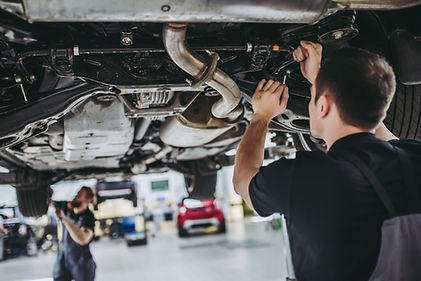
Waste Management
AWMC offer integrated activities for waste management
Plastic waste
While the established plastics industry is reliant on finite amounts of fossil fuels — which make up more than 90%* of its feedstock — our technology allows us to create monomers from waste instead. This is a true game changer as we (and our partners) seek to reduce our dependence on carbon, and eventually, create a carbon-free economy.


Metal recycling
Metals are valuable materials that can be recycled again and again without degrading their properties. Scrap metal has value, which motivates people to collect it for sale to recycling operations.
we sorting the metals steel ,aluminum , copper , titanium other metals.. and send to faclities
E-waste
The recycling of e-waste serves a lot of useful purposes. For instance, include protecting human and environmental health by keeping those devices out of landfills. Or recovering the parts within the devices that still have value, and providing manufacturers with recycled metals that can be used to make new products.
Virtually all electronic waste contains some form of recyclable material. That includes materials like plastic, glass, and metals, which is why they may be considered “junk” or “obsolete” to consumers but still serve an essential purpose. It’s ironic, in some ways, that these devices are called “e-waste,” since they’re not waste at all.


Automotive waste management
Automotive waste management involves the reuse and recycling of waste materials like metal, solvents, batteries, plastic, and glass. Recycling of these materials helps vendors to address environmental concerns and also allows them to address the issue of resource depletion
POLYURETHANE RECYCLING
Polyurethanes are petrochemical-based polymers, it is important that we recycle them
whenever possible, so that precious raw materials do not go to waste. There are various recycling options, including mechanical and chemical recycling.
Depending on the type of polyurethane, different ways of recycling can be applied, such as grinding and reuse or particle bonding. Polyurethane foam, for example, is regularly turned into carpet underlay.

